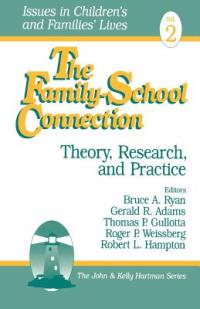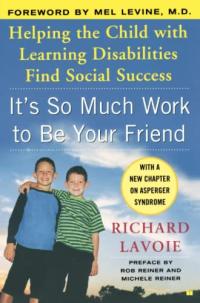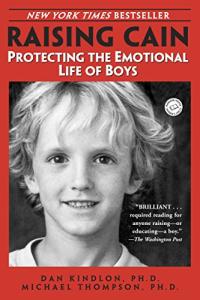
The Family-School Connection: Theory, Research, and Practice
Currently, only about 50% of American youths live in traditional two-parent, first-marriage families. This fact, combined with often bleak economic and social realities, creates the backdrop of interactions between families, children, and schools are examined in this probing volume. Answering a need for evaluative research in this area of increasing public interest, the contributors build a model for evaluation, focusing on the dynamics of family-school connections. How is school achievement influenced by parent-child interactions and the family environment? How do school, family, community, and peer-group connections affect early adolescents? What is the family’s role in the success of learning-disabled youth or in school truancy? What effect does parental discord and divorce have on a child’s learning?
These questions, as well as proposals for intervention and prevention, create the crux of this book designed to inform and motivate readers to respond to one of our country’s most fundamental social concerns. Vital reading for everyone who wants to better understand child-school-community interaction, this book especially warrants reading by students, researchers, and other professionals in developmental psychology, family studies, psychology, and social work.





